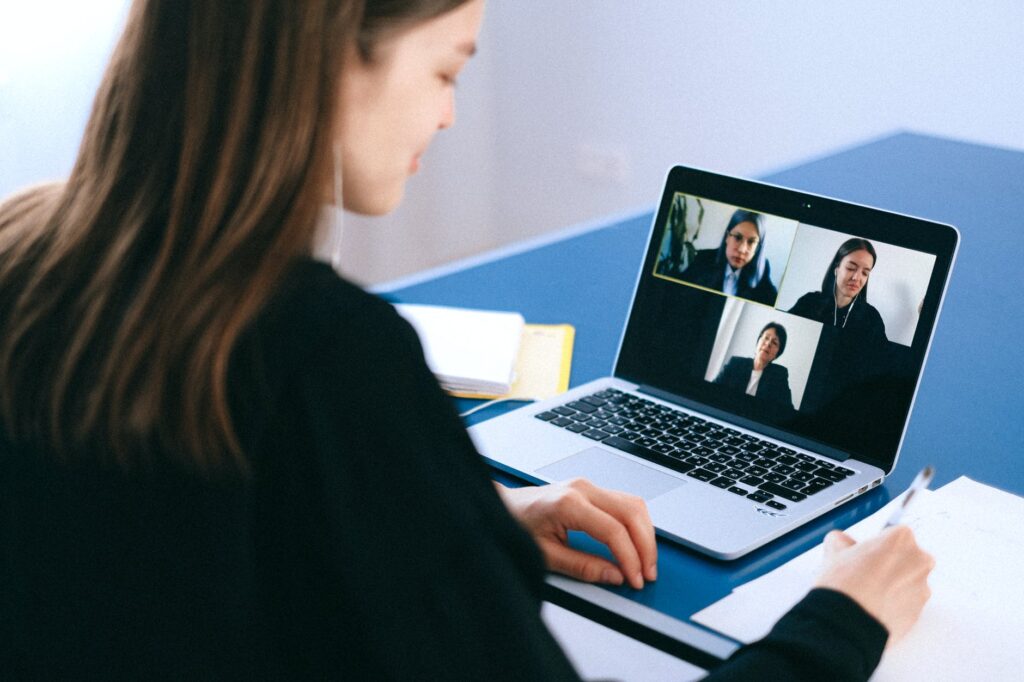The COVID19 pandemic had an immense impact on medical education. Medical schools limited the in-person clinical rotations of medical students, and hospitals canceled the electives rotations. This disrupted the learning process, and medical schools were quick to develop some online alternatives to in-person experiences. Association of American Medical Colleges (AAMC) recently released a position statement to encourage the interviews of medical students, faculty, and residents virtually. The fellowship match has already gone virtual, and this year’s residency MATCH will also be going online. Almost all the residency programs will be conducting virtual interviews. Although there are some prior instances where residency interviews were conducted virtually, this would be the first virtual residency MATCH season.
What will be different this year?
The virtual MATCH season poses several challenges for both the residency programs and applicants. Pre-COVID19, some programs used away rotation as a great way to audition prospective applicants. The residency programs also used to have pre-interview dinners to showcase the culture and ethos of the program. Most of the away rotations are canceled this year making the job of program leadership even difficult. The away rotations and pre-interview interactions help applicants to have an idea of resident life, rotation schedules, cost of living, and resident satisfaction. The information gathered during the pre-interview dinners influences the ranking decisions made by the applicants. Applicants value the in-person interview experience that gives them valuable insights into the program. The whole in-person experience helps them organize their rank list better. However, as the residency season is going virtual this year, visiting the programs in-person for the interviews may not be possible.
What are the alternatives to in-person experiences?
Virtual interviews will take the in-person experience away, but there are several other promising alternatives. The residency programs can structure different types of additional sessions throughout the application cycle to complement the virtual interviews. This will enhance the overall satisfaction of the applicants and provide them more information for deciding to apply and eventually rank a particular program.
Here are a few emerging options that can be explored:
Virtual Open House:
Open houses provide an excellent opportunity to discuss several important factors that would help applicants decide about applying to a particular program. A typical virtual open house can start with a small presentation, preferably by one of the chief residents, followed by an open house. This format will help applicants get specific information during the Q & A and provide a refined first look at the program. You may find the upcoming virtual open houses here.
Virtual Meet and Greet:
While open houses follow a general structure, meet and greet sessions are usually unstructured, with a couple of residents initiating the talk. Applicants are either involved by small talk or asking a general question about their interests. Everyone has a unique personality, and sometimes it is difficult to initiate a conversation. Residents could be given several ice-breaker questions which will serve the purpose of conversation starters. However, the focus should be general and not on selling the program or applicant’s profile. Online games (particularly board games) are also a novel solution to increase audience engagement.
Such sessions work best with small groups, and online platforms like Zoom and Webex provide the option of breakout rooms that could be utilized. These meetings will help them have an idea of the city/town life and the weather. They can get the perspective of current residents and why they choose the specialty or program. This will also allow applicants to know how current residents were able to grow as a person and physician within the program. Meet and greet sessions should be casual, and applicants can be encouraged to join from school, work, coffee shops, or their own lounge to decrease the stress of engagement and increase participation.
Virtual Grand Round:
Every training program conducts noon conferences and grand rounds for in-house students and trainees. These conferences depict the learning environment of a residency program. Residency programs may consider going online at least once a month during the interview season. This will let applicants experience the type of disease pathology seen at the hospital and the quality of education.
Virtual Topic Presentation and Discussion:
Residency programs can choose a topic that is important to their mission or vital for the candidates and arrange an online event around that. Topics may range from diversity, inclusion, supporting women, under-represented populations, and International medical graduates. Programs can also focus on how to apply for residency and interview tips. These presentations are ideal for the residency program leadership (department chairs, program directors, and associate directors) to showcase the program’s initiatives and philosophy.
Summary
Virtual options have the potential to mitigate the challenges involved with virtual interviews. Programs can explore these unique methods to engage prospective applicants. Applicants will also have the opportunity to learn more about the programs directly from the leadership. They can participate in these sessions to gain further insights into the culture of programs.
Please cite this article as:
Virtual Residency MATCH Season; How to Adapt to the Changing Landscape? Furqan, M. M
https://virturiomeded.com/virtual-residency-match-season-how-to-adapt/2020/

